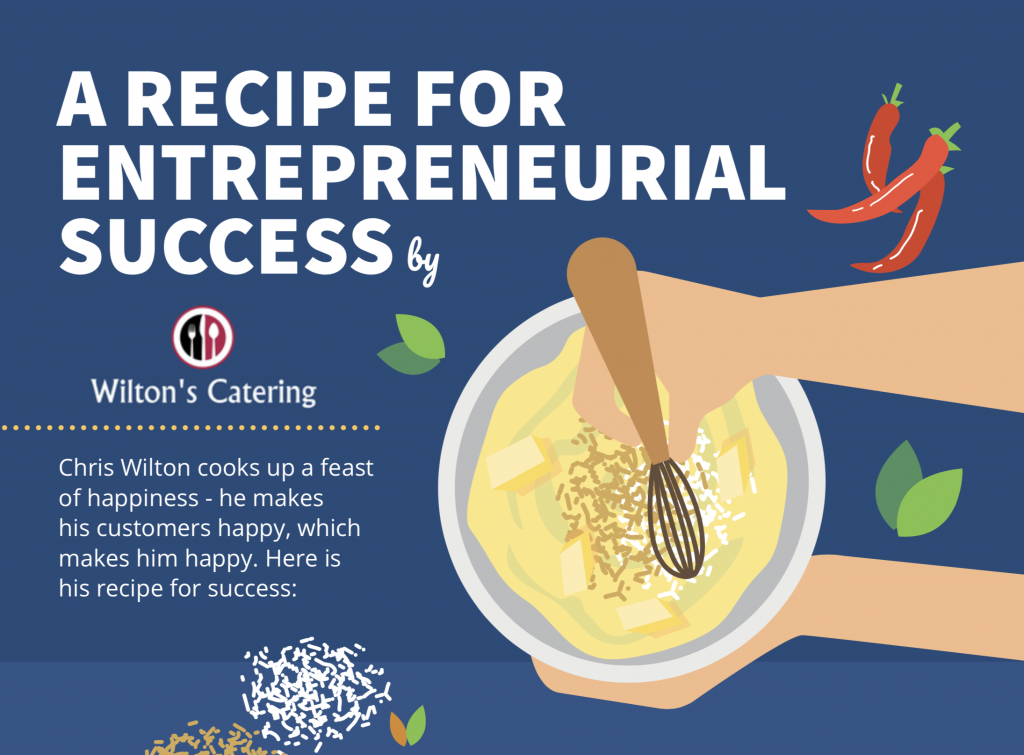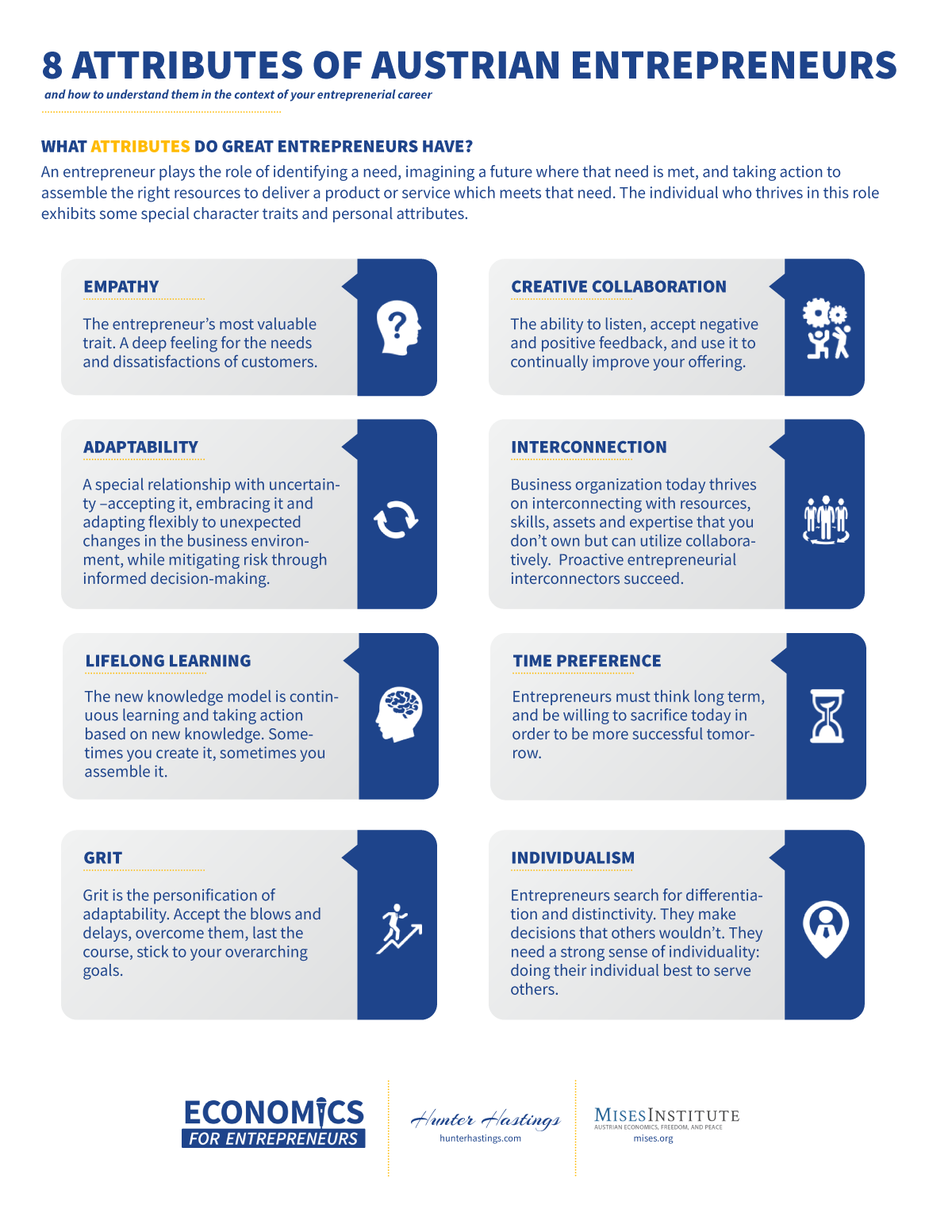43. Can You Answer The Bar Fight Question? Vito Bialla Defines A Core Attribute Of Entrepreneurship
When is entrepreneurship like being in a bar fight? Vito Bialla describes his own entrepreneurial experience and tells us how he assesses start-up CEO’s for his venture capital fund. Don’t miss his bar fight story!
Key Takeaways and Actionable Insights
Immediately after he arrived home from fighting in the war in Vietnam, Vito Bialla started his executive recruiting firm, Bialla And Associates, from scratch. He built it into a professional partnership of the highest repute at the highest level (recruiting CEOs and other C-Suite positions) for the largest global corporations. He also started (and sold) a sportswear company and a Napa Valley winery, launched a venture capital fund, and he holds world records in endurance sports such as long-distance swimming, desert trail running and ultra-marathoning. He shared his thoughts about the pathways to success in growing a business, recruiting high-performing executives, and identifying high-potential entrepreneurs.
Grow Your Business
No hesitation: Quickly identify your field and your customers. Vito started his own recruiting business just 6 months after starting work for the largest global firm in the field. He knew what he wanted to do, and didn’t wait too long to start the journey.
No compromise: Identify the top customers and the highest standards, and choose those as your targets. No-one wants to buy second best.
No barriers: Vito described how he would get the CEO’s of the top global corporations on the phone (tip: call late at night when their gatekeepers have left) and engage them empathetically. He would build relationships with the best executives at the most successful and admired corporations. He built relationships with the best in business.
Recruit Executive Leaders
High Performance: Rather than personality traits or CV’s, Vito looks for performance indicators, especially under difficult conditions. An executive who has “bumped his or her head against the wall” – i.e. encountered unexpected difficulties – has acquired experience that will be tremendously valuable in all future situations, however tough.
High trust: These high-performance executives are found in high-performing corporations. An important signal is to be in a peer group of high performers and to have won their trust and admiration.
High empathy: If these high performers are to transfer into a new position with a new company, it is imperative that they be accepted into the new culture (rather than try to bring one with them). Empathy is key – to understand the new team and develop their confidence, even when (especially when) acting as the implementer of change.
Identify Entrepreneurs With High Success Potential
Un-structured: You can’t learn entrepreneurship in business school, or by working at a large corporation. Structure and process induce a way of thinking that is insufficiently flexible in responding to marketplace changes. The successful entrepreneur knows what to do in a bar fight when market conditions change radically, cash is running out and the current strategy isn’t working. (Don’t miss Vito’s own “bar fight” story.)
Un-plan: Plans are not particularly useful for entrepreneurs, especially those that are difficult to adjust. Adaptiveness beats planning every time. Vito looks for adaptive personalities (and evidence of previous adaptive behavior) in the entrepreneurs that he finances.
Un-deterrable: Vito’s number one rule is: No Fear. Fear of failure, he says, is unhealthy. Just do it, make something happen, set events in motion and learn from the results.
DOWNLOADS & EXTRAS
Vito Bialla’s Patters For Entrepreneurial Success PDF: Our Free E4E Knowledge Graphic
Understanding The Mind of The Customer: Our Free E-Book

